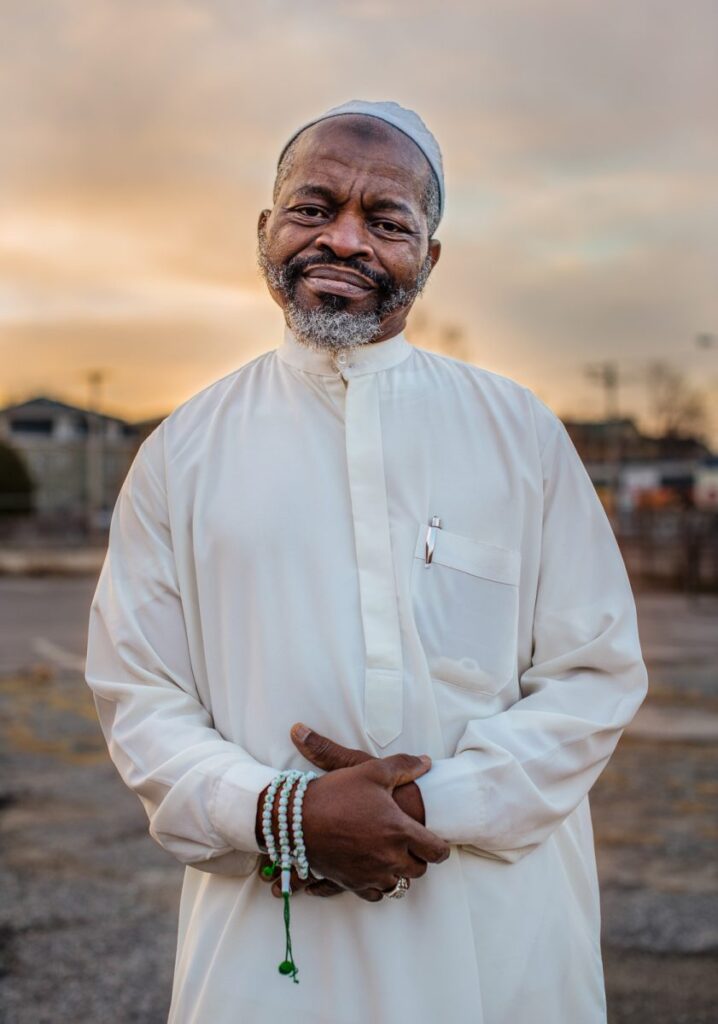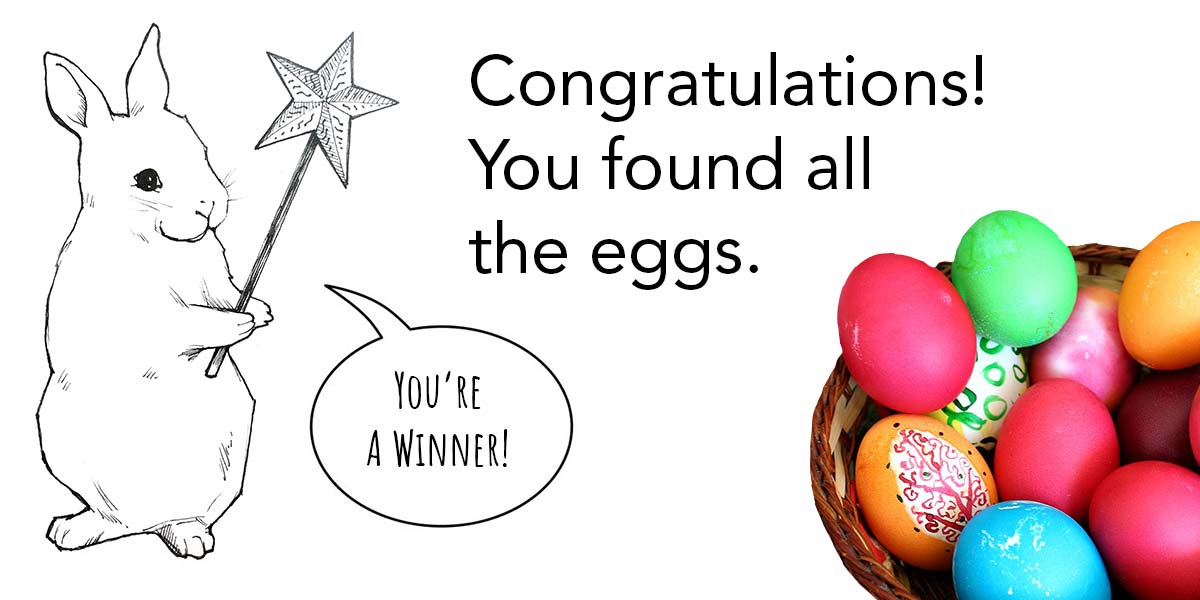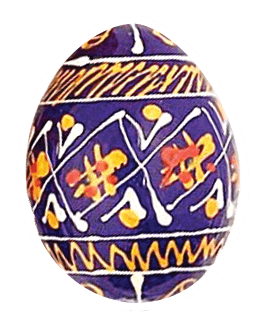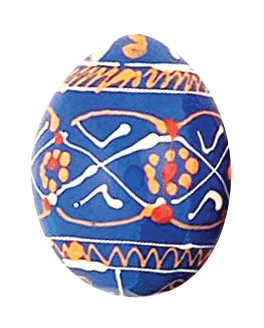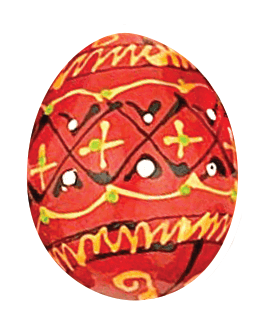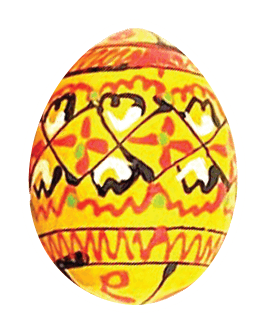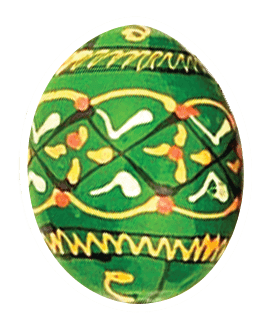“When I first met Imam Alli-Owe, he was wearing a kelly-green T-shirt over a white prayer robe. Bold white letters on the front of the shirt spelled: Your Friendly MUSLIM Neighbor. On the back of the shirt was written: Islam for PEACE.
This was during the 2016 presidential campaign, when anti-Muslim rhetoric had begun to grow, the violent acts of a few becoming confused with the beliefs of many. The Masjid Al-Kareem, a mosque on Providence’s Broad Street, was holding an open house to educate its neighbors in their understanding of Islam.
I was struck by how little I knew about Islam, how foreign and remote the religion seemed, despite the decades I’d been working with cultures other than my own. I began visiting the mosque on Fridays for midday Jumu’ah prayer, when the low white building was filled with hundreds of worshipers. I was surprised at how, in this both foreign and familiar setting, the images of young Muslim men as terrorists had seeped into my consciousness.
Yet here were all these friendly people in their green T-shirts! As the white-robed man scurried around, arranging chairs and putting out refreshments, I met people from Somalia, Ghana, Pakistan. I met Providence-born people of Cape Verdean descent, and a woman who traces her roots to the Mayflower.
I introduced myself to the man, who told me his name was Imam Alli-Owe – Imam Alli for short, the title Imam a reference to his position as a leader in the Muslim community. He was open to being photographed, and we agreed to meet on the coming Saturday at the mosque. He told me he would be there for the first daily prayer, before sunrise.
It was still dark when I got to the mosque that morning, but as the prayer ended and people streamed outside, the sky began to lighten. Imam Alli approached me, wearing his prayer robe and beads wrapped around his wrist. We made some photographs behind the mosque, in the pearly moments between night and day.
I didn’t see him again until almost a year later. This time it was at a different mosque, the Masjid el Rassaq, also on Broad Street; it had been started by Imam Alli and others to serve the specific needs of the Muslim community from Nigeria, Imam Alli’s native country. This time he was dressed in a robe of blue and gold, and was headed to a wedding. He said we could talk at the mosque the next day, after sunrise prayer.
When I arrived the next morning, a bright moon shone in the sky, and Imam Alli was still wearing his clothes from the night before. He told me that after the wedding he’d returned to the mosque at about one a.m. and, rather than go to sleep, he decided to stay awake, and pray. I asked him what he’d been praying for.
“We pray for the blessings of Allah. We pray for the world – for peace in this world. There’s no peace in this world. Everywhere there is killing – we don’t love each other, and that is against God.”
I asked him what he thought was the very worst thing going on in the world. “The worst is that we don’t love each other,” he said. “We don’t love ourselves. Everybody is lost.
“We are all – we all came from the same father and the same mother! We are all from Adam and Eve! So Allah created us – but we don’t love each other because of power. We want to have power. So many – they don’t believe in God, but they believe in money. They believe in dollars.”
Imam Alli continued, “This ISIS – they are killing innocent people! That is not Islam! Killing people is not Islam.” Then he repeated, almost to himself, “That is not Islam.”
Imam Alli insisted that a central rule of Islam is to love one’s neighbor. His words rang deep, and so much at odds with the fear of Muslims as terrorists – impossible to reconcile with the words of the U.S. president, who has convinced so many Americans that Muslims are their enemies.
With these thoughts, I asked him if Love your neighbor applies only if one’s neighbor is Muslim.
“Your neighbor!,” he said, almost scolding me. “It doesn’t matter! Your neighbor might be Muslim, might not. But your neighbor is your family.
“For instance, we came here. We have our family back in Africa, but we live here now. If you’re living beside me, if anything happens, you will be the first person to reach me.
“Do you understand me?” said Imam Alli. “You are my family!”
